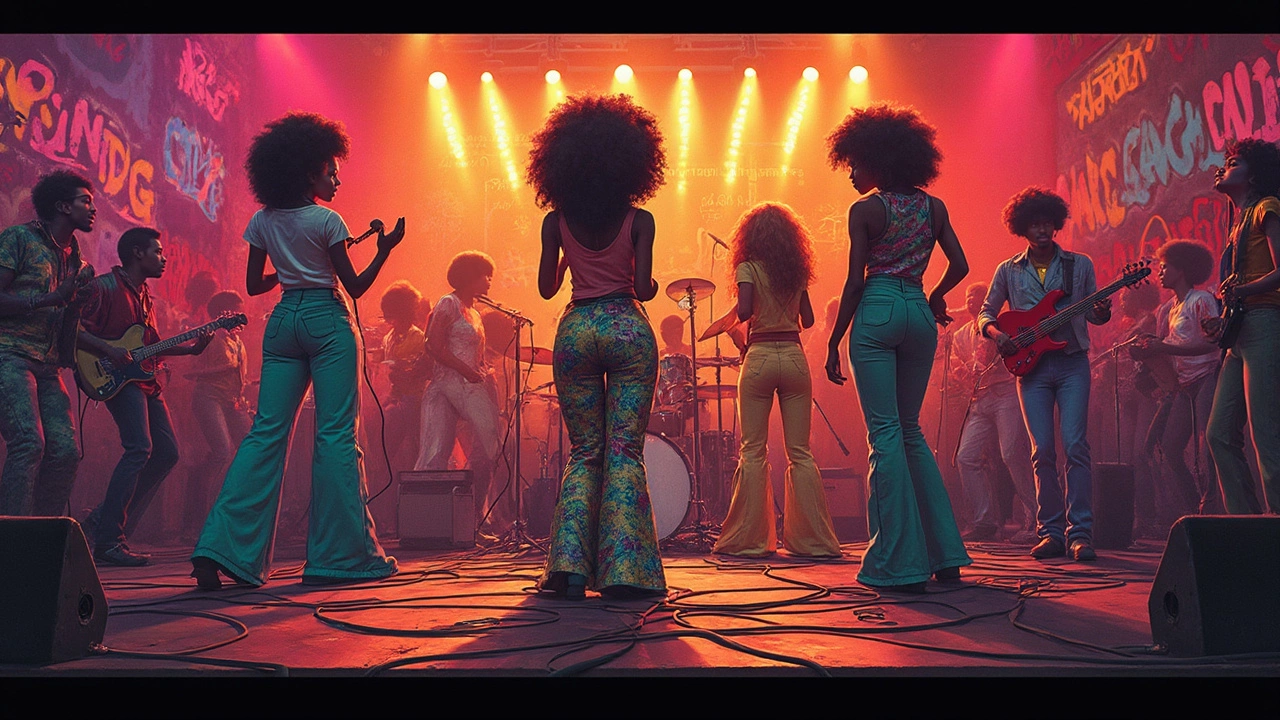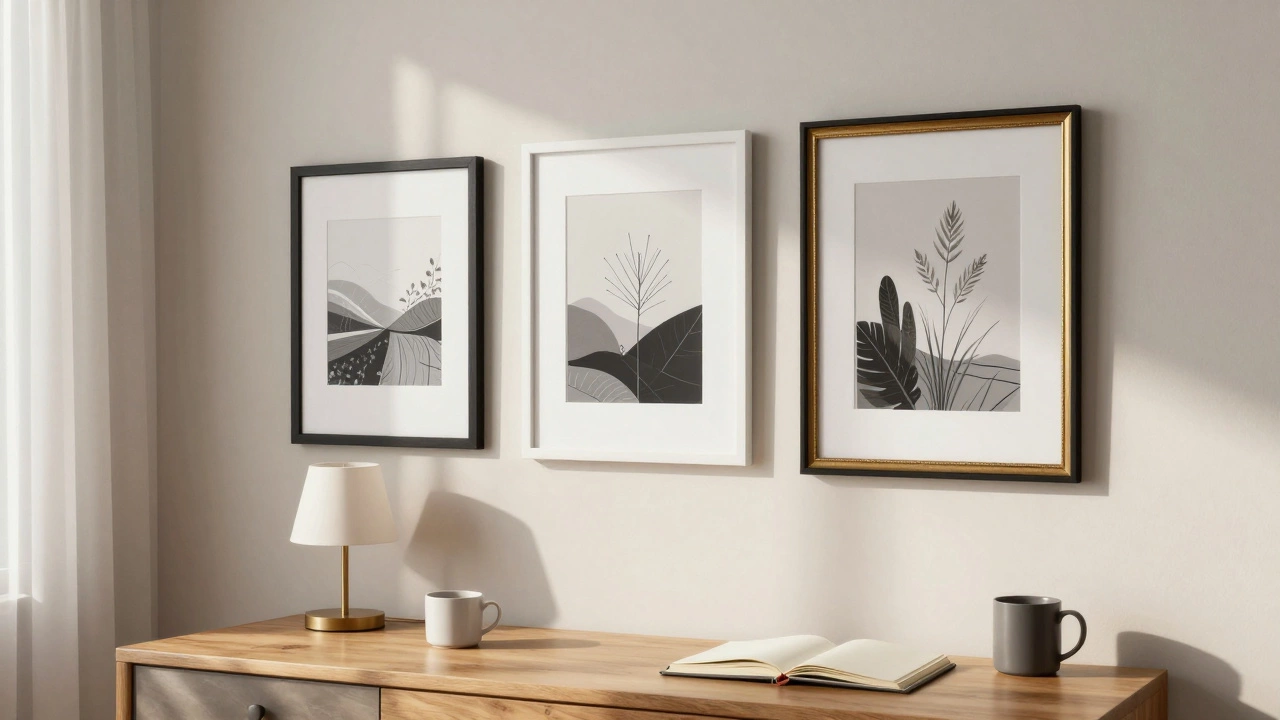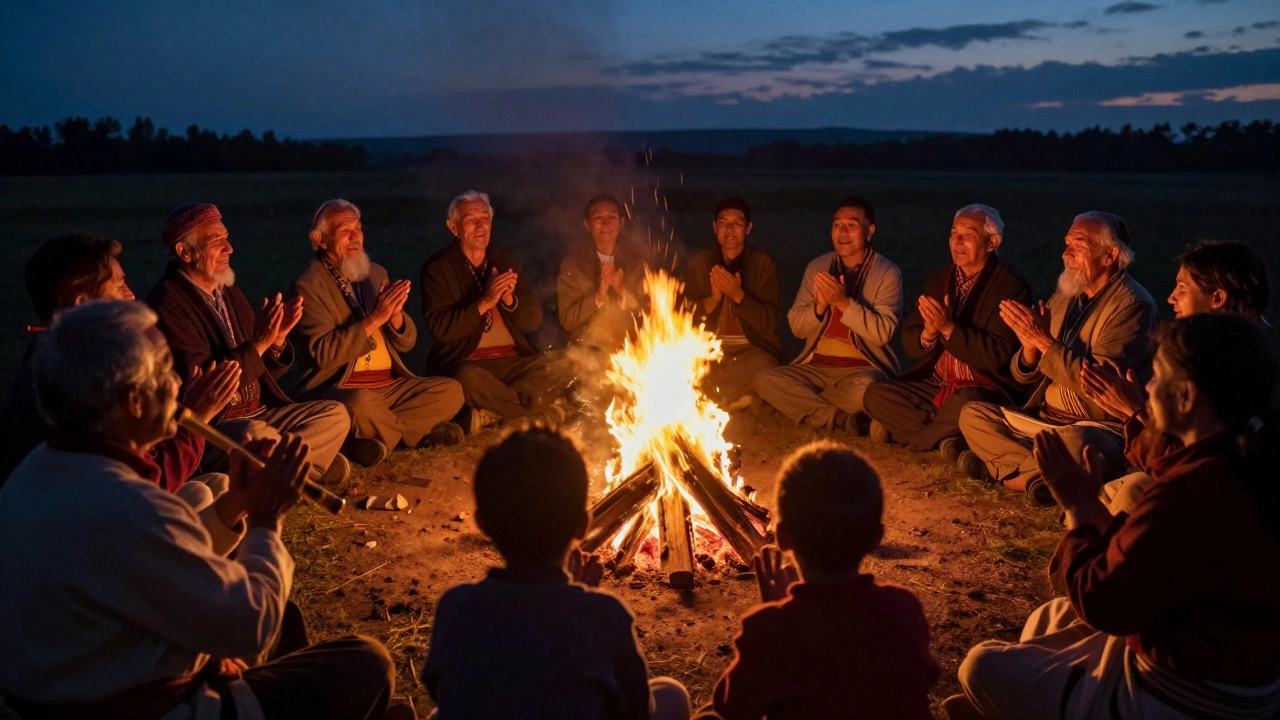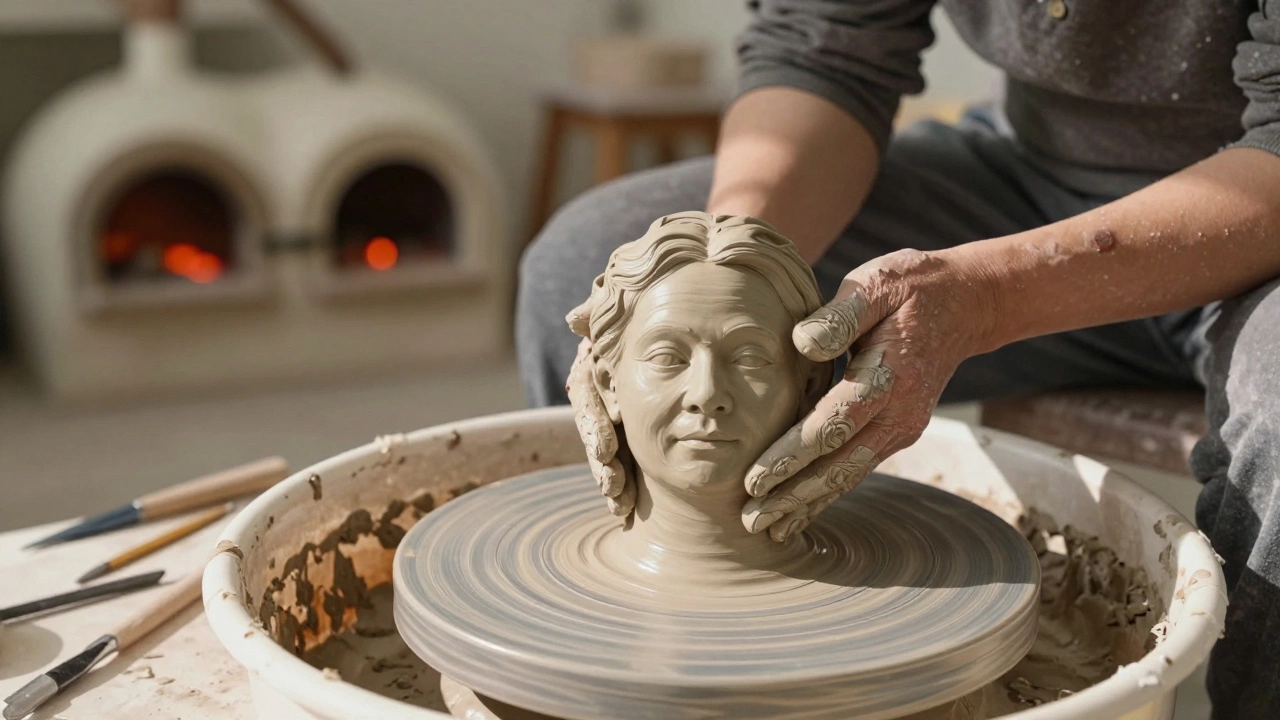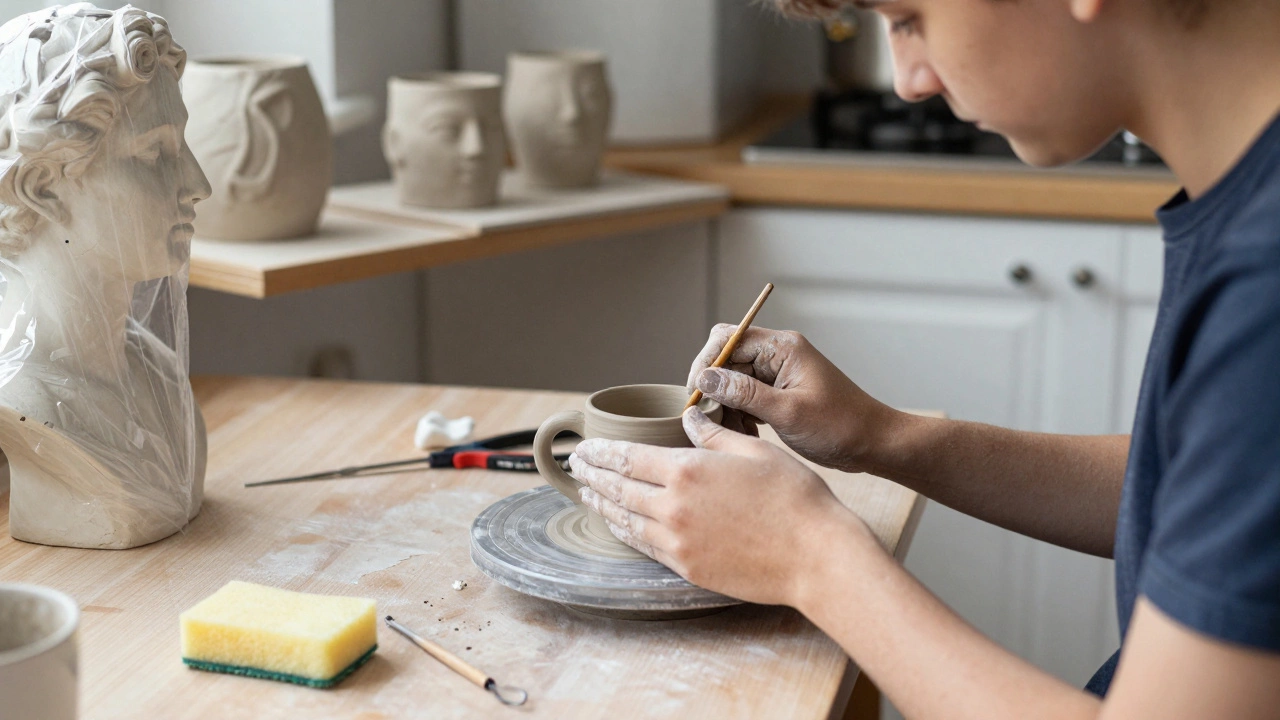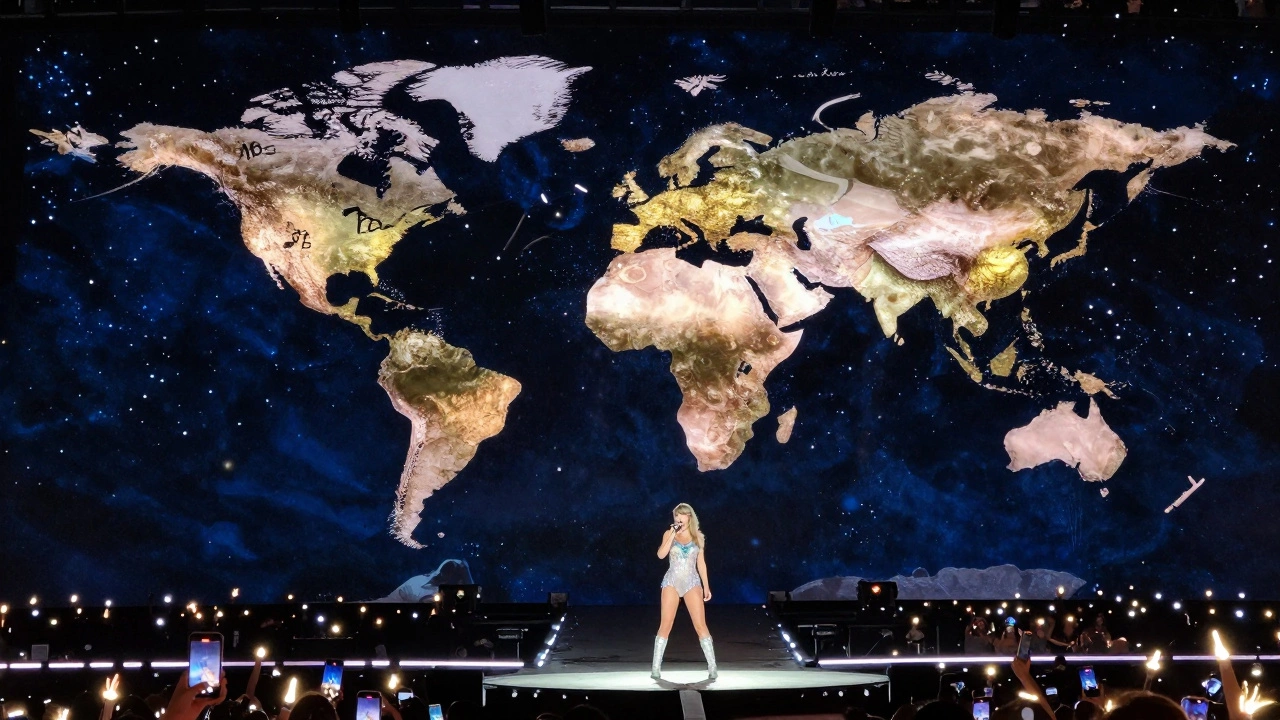Picture this: it’s the late '70s, and the music scene is buzzing with fresh beats and rhymes. Hip hop is bubbling up from the Bronx, and it's a boy's club—mostly. But then, stepping onto the scene, mic in hand, is a lady with sass, talent, and an undeniable passion: Sylvia Robinson. Ever heard of 'Rapper's Delight'? Yep, she had a hand in producing that, but her influence runs deep beyond just production.
Before we get too far, let's clear something up. When folks talk about the first female rapper, they're usually thinking of MC Sha-Rock. This gal wasn’t just participating; she was setting standards and changing perceptions. She was part of the Funky 4 + 1, making waves with her smooth flow and confident presence.
Now, it wasn’t all smooth sailing. Back then, women in rap didn’t just face musical challenges, they often dealt with stereotypes and naysayers. But what’s inspiring is how these early women in rap didn't back down. They pushed forward, showing that talent knows no gender. Kind of amazing, right?
Early Days of Hip Hop
Back when disco was fading away and streets were booming with new sounds, the 1970s saw something incredible: the birth of hip hop. In the Bronx, people were hunting for fresh vibes and soon discovered they could create them themselves. It wasn't just music; it was a whole culture forming with a unique voice.
The typical hip hop scene in those days involved not just spinning records but breaking, graffiti, and rhyming. DJs like Kool Herc were making folks move, while MCs started to add some rhymes over the beats. And guess what? These weren't always smooth rhymes at first; it was about expression and energy.
Here's a cool fact to chew on: parties were where it all went down. People came, danced, and rapped each other in rhyming contests. For many, it was more than fun—it was a way to escape and express struggles. The first rhymes almost seemed like poems, crafted and delivered to an electric crowd.
"Hip hop was created because it was needed. People wanted their voices heard. It was raw; it was real." – By a hip hop pioneer
Think about hip hop as a way of life back then. You didn't just listen to it; you lived it. The clothing, the moves, the art, all were part of this growing movement. And in the middle of it all, women were there too, eager to grab the mic and have their say. Female rappers, though fewer, were proving that anyone with skills could shine in this new world.
Trailblazing Women in Rap
When we talk about the first female rapper, MC Sha-Rock often gets the spotlight. She was part of the hip hop group Funky 4 + 1 and made her mark by being the ‘+1’. The group was a big deal back in the day and performed on national TV on shows like Saturday Night Live in 1981. Think about it—seeing her perform live on TV was groundbreaking for young girls who didn’t have anyone like them in the rap scene.
But let's not forget the influence of Sylvia Robinson, known as the mother of hip hop. She wasn’t rapping herself, but she was instrumental in launching Sugar Hill Gang. Her work set a path for other female artists to follow. Imagine a world where a woman proposed, ‘Hey, let’s make a record,’ and it goes on to be a massive hit. That's huge, right?
Other names that often pop up are The Sequence—a trio including Angie Stone, Cheryl The Pearl, and Blondie—who were some of the first women to delve into rap, with their hit 'Funk You Up' in 1979. They were signed by Robinson's label, making them one of the first all-female Rap groups to get such a contract.
In the streets, competitions and battles were intense, a great platform for these women to prove their mettle. It wasn’t just about having a good rhyme; they had to have stage presence, confidence, and wit. They had to hustle hard in a space that didn’t always welcome them with open arms.
These early female rappers didn’t just pave the way; they laid down the bricks, giving future generations a strong foundation to build on. So next time you hear a modern female hip hop artist, remember the trailblazers like MC Sha-Rock and The Sequence. They didn’t just fight for a place at the table—they built it from scratch.
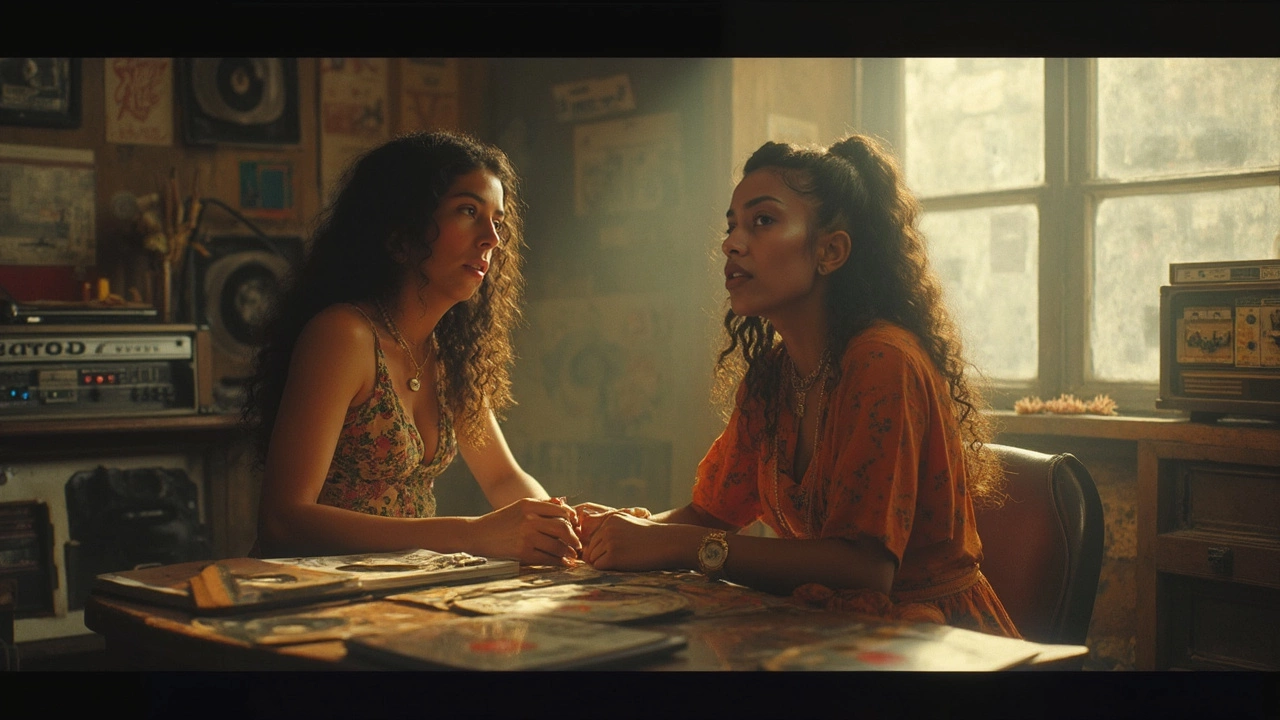
Impact and Influence
Alright, so we’ve already talked about pioneers like MC Sha-Rock, but what kind of mark did they really leave? Well, the influence of these early female rappers is huge, and you can still see it today. For starters, they smashed the notion that rap was just a guy's game, opening doors for future female artists who wanted in the spotlight.
Back in the day, having female voices in hip hop wasn't just rare—it was groundbreaking. These trailblazers showed that women could not only participate but excel in the rap game. MC Sha-Rock, often hailed as the 'Mother of the Mic,' wasn't afraid to take up space and spit rhymes with power and confidence that matched any of her male counterparts.
What these women did was more than just representation. They inspired a new generation of hip hop artists, making waves that rippled through the genre. With female MCs proving their skill, the likes of Queen Latifah, Lauryn Hill, and Missy Elliott would eventually rise, each building on the foundation laid by their predecessors.
And let's not forget the cultural shift they inspired. Female rappers in the early days were often talking about issues straight from their own experiences, adding depth and variety to the hip hop narrative. They brought up topics around empowerment, identity, and social justice, challenging the genre to grow and evolve.
Now, here's something interesting. Did you know that in the late '80s and early '90s, female rap albums started making real money on the charts? Not only did this prove financial viability, but it also sent a clear message to the industry: female performers were here to stay and deserve every bit of success they were achieving.
Legacy and Recognition
Those early female trailblazers didn’t just fade into the background; they laid down the groundwork for future generations of women in hip hop. Women like MC Sha-Rock and Sylvia Robinson became icons, not just for their musical talents, but for their courage to step into a male-dominated space and claim their rightful spot.
The female artists from back in the day helped shape entire careers of modern stars. Think about powerhouses like Queen Latifah and Missy Elliott—they built on the legacy of those who came before them, pushing the envelope of what female rappers can do. They didn't just rap; they became cultural figures, tackling social issues and empowering women and minorities through their music.
Recognition didn’t come instantly. It wasn’t until the late '80s and '90s that female rappers really started getting a shred of the acclaim they deserved. Awards, charts, and headline tours started trickling in, highlighting their impact. Today, more female artists are breaking barriers and receiving accolades, thanks to the foundation set by the very first female rappers.
Female rapper achievements have now paved the way for women to dominate the genre in groundbreaking numbers. In 2023, a survey found that a stunning 40% of chart-topping rap singles were by female artists, a testament to the journey begun decades ago. It's pretty awesome seeing the seeds those early women planted grow into the vibrant garden of talent we see today.
